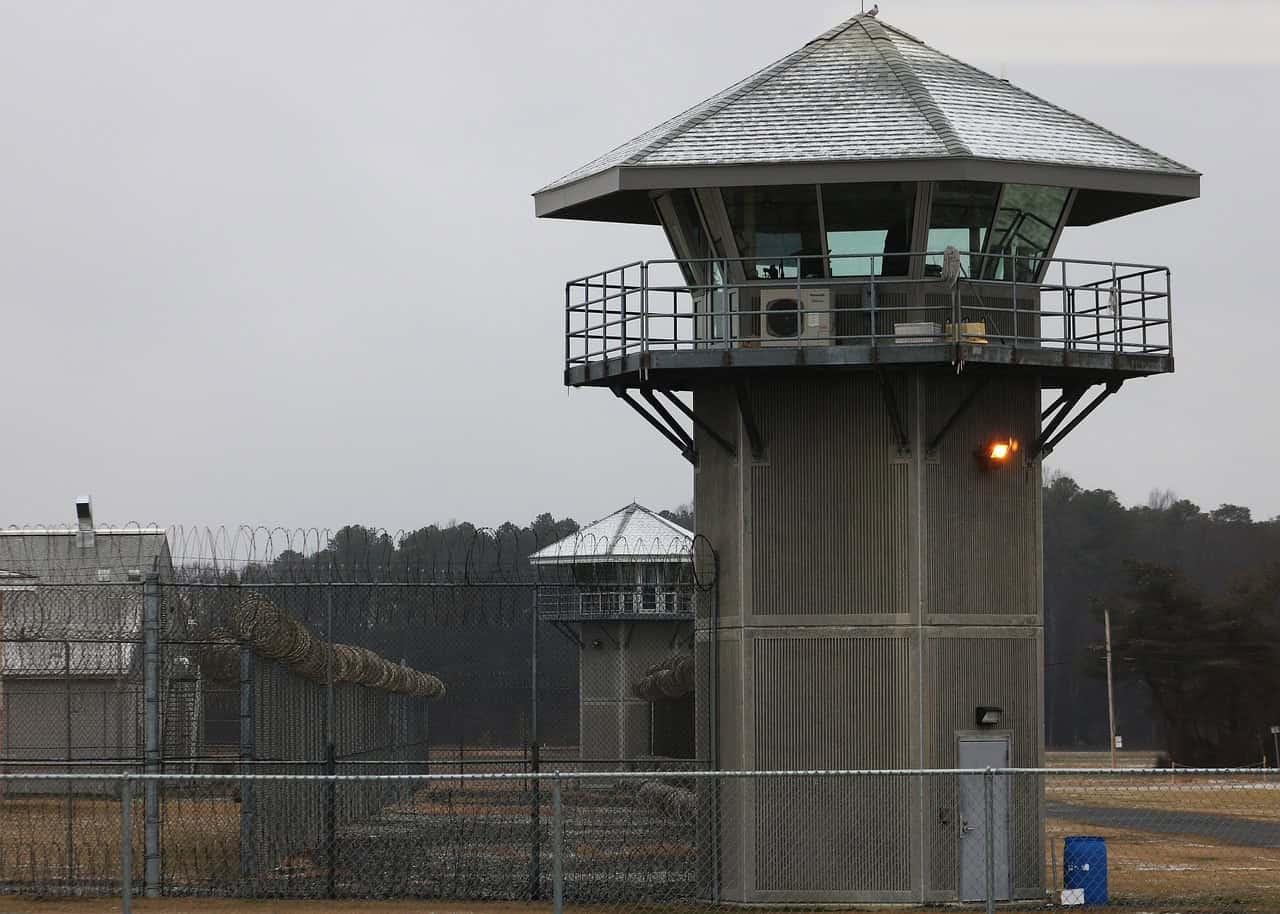Introduction: On Tuesday, April 8, 2025, Florida is set to execute 48-year-old Michael Tanzi by lethal injection for the brutal 2000 murder of Janet Acosta, a Miami Herald employee. Scheduled for 6:00 pm at Florida State Prison in Raiford, Tanzi’s execution marks the third in Florida and the 11th in the U.S. this year. As the nation grapples with evolving death penalty debates, this case highlights both a chilling crime and ongoing legal controversies.
The Crime and Confession
Tanzi confessed to abducting 49-year-old Janet Acosta during her lunch break in 2000, forcing her to withdraw cash from ATMs, sexually assaulting her, and strangling her before dumping her body. Sentenced to death in 2003, he also admitted to another uncharged murder, earning a detective’s label as a “fledgling serial killer” in the Miami Herald. His execution follows failed appeals citing his “morbidly obese” condition as a risk for lethal injection complications.
US Executions in 2025
Tanzi’s death will be one of two U.S. executions this week, with Mikal Mahdi, 42, facing a firing squad in South Carolina on Friday for a 2004 police officer murder—the state’s second such execution this year. Lethal injection remains the dominant method since the Supreme Court reinstated the death penalty in 1976, though 23 states have abolished it and three have moratoriums. Last year saw 25 executions nationwide. For more on capital punishment, visit deathpenaltyinfo.org.
Trump’s Death Penalty Push
President Donald Trump, a vocal death penalty advocate, called for its expanded use “for the vilest crimes” on his first day in office. Last week, Attorney General Pam Bondi announced federal prosecutors would seek capital punishment for Luigi Mangione, accused of murdering United Healthcare CEO Brian Thompson in New York on December 4. Trump’s stance contrasts with growing abolitionist movements, fueling national debate as executions proceed.
